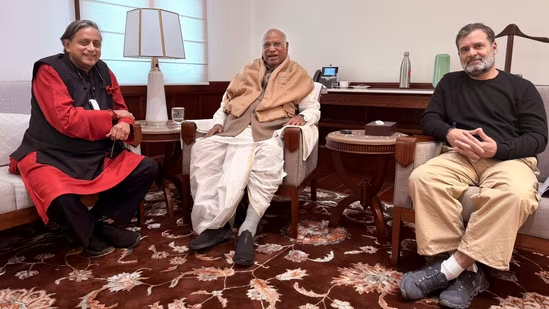According to a Bloomberg News report, Reliance Industries, which is owned by Mukesh Ambani, is preparing to construct the world’s largest data center in Jamnagar, Gujarat. Reliance’s entry into the Indian artificial intelligence (AI) sector is significantly facilitated by this initiative.
According to reports, the organization has acquired AI semiconductors from Nvidia, a global champion in AI technology. This follows the October 2024 announcement at the Nvidia AI Summit, during which Reliance and Nvidia disclosed their intentions to collaborate on AI infrastructure. Nvidia has pledged to provide its cutting-edge Blackwell AI processors for a one-gigawatt data center that Reliance intends to construct.
At the summit, Jensen Huang, the CEO of Nvidia, expressed his belief that India should develop its own AI: “It is entirely logical.” It is not recommended to export data in order to import intelligence. India should refrain from exporting flour in order to import bread.
Mukesh Ambani reiterated this sentiment, emphasizing India’s robust digital connectivity infrastructure. He stated, “We have the ability to utilize intelligence to actually bring prosperity to all individuals and equality to the world.” India possesses the most advanced digital connectivity infrastructure, with the exception of the United States and China.
The expanding partnership between Reliance and Nvidia
In September 2024, Reliance Industries and Nvidia formed a partnership to create AI supercomputers and large language models (LLMs) that were specifically designed for India’s diverse languages. This collaboration emphasizes Reliance’s aspiration to utilize AI to address India’s distinctive requirements. Nvidia subsequently disclosed a comparable partnership with the Tata Group, which served as an indication of its dedication to the expansion of India’s AI-driven economy.
India’s aspirations regarding artificial intelligence
As part of its AI objectives, the Indian government has allocated more than Rs 10,000 crore to finance startups, AI initiatives, and LLM development. Nevertheless, obstacles continue to exist. The semiconductor industry in the United States is still in its infancy, as there are currently no domestic chip production facilities. The establishment of semiconductor fabrication facilities is a capital-intensive and time-consuming process that necessitates a highly specialized workforce, a workforce that India is still in the process of developing.
Although India’s AI voyage is still in progress, these initiatives, in conjunction with partnerships such as those between Reliance, Nvidia, and the Tata Group, demonstrate the nation’s dedication to becoming a global AI powerhouse.































